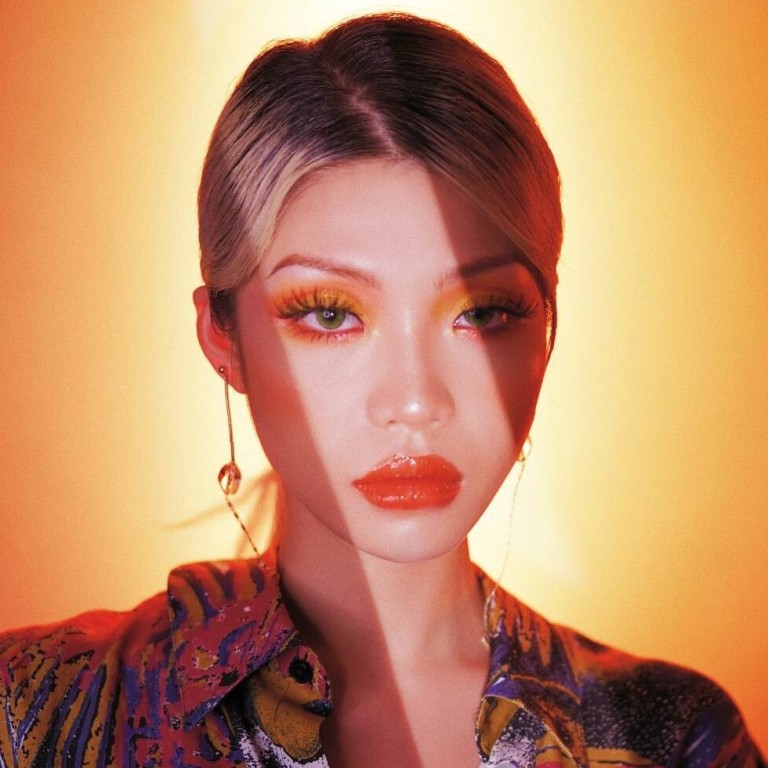
Quick-thinking Chinese entrepreneurs expand beauty and fashion businesses online during coronavirus lockdowns
- One stylist developed a DIY alternative to the elaborate manicures nail salons offer, for sale to her social media followers; another upped her online presence
- A Shanghai pair who host markets for vendors of creative goods ventured into online selling for the first time, but look forward to resume selling in person
For Maggie Fu, a Shanghai-based make-up artist and beauty influencer, the widespread stay-at-home orders in China at the start of the outbreak created an opportunity.
With tens of millions of manicure enthusiasts unable to visit nail salons, and fellow quarantined KOLs (key opinion leaders) and their followers sharing photos online of their overgrown cuticles and chipped nail paint, Fu thought: why not create a nail product that people could easily apply themselves at home?
She is in the process of creating a stick-on, DIY manicure kit that delivers salon-quality nails, with no skill required by customers to apply them.
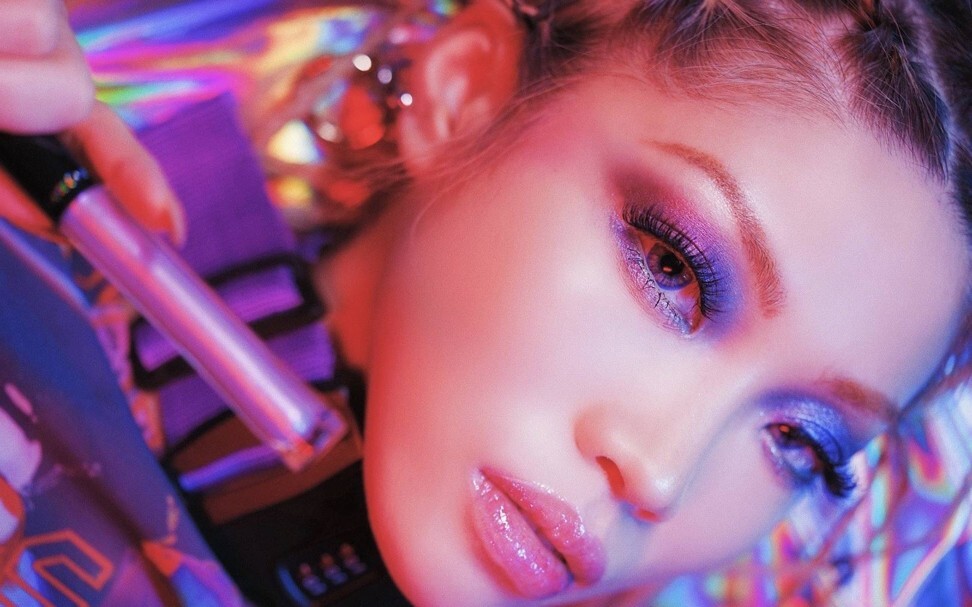
Fu told the Post she is sourcing the best materials from Japan and designing the colours and nail art herself to create a unique and exceptional product that reflects her own aesthetic. If current feedback from her followers is anything to go by, her idea, born out of a crisis, is set to be a hit.
“If there is something really bad happening, I think we actually need to be positive and start thinking about how we can handle the situation,” Fu says. She found out from friends in the industry early on that China’s economy would be on shaky ground, and this pushed her to act.
Luxury fashion needs to evolve. Here’s how it could start
Yue Xiaolin, a fellow make-up artist, professional stylist and the founder of Lin Makeup, was on the same page. Realising her clients and students would no longer be able to see her in person, Yue pivoted to conducting online classes. She designed professional courses for make-up stylists and an everyday beauty tutorial option for cosmetics enthusiasts.
“I experienced Sars (the severe acute respiratory syndrome epidemic) in 2003, and at the beginning of the coronavirus outbreak my colleagues reminded me again that I needed to prepare for a crisis that’d last at least six months,” she says.
“We didn’t lose any time and responded positively – on the one hand, we help our students and fans build a positive and optimistic attitude to increase their confidence, and in turn, they actively generate income.
“The crisis will pass, but we must remain calm. As a business owner, not only are we in charge of a company, our words and deeds also reflect the spirit of the industry itself, so we should set a positive example,” Yue adds.

Yue wasn’t new to doing things virtually – she began offering online classes in 2015 as a supplement to her offline courses. She has since been diversifying her educational offerings, and created a new online education platform in December when her team recognised that, with the arrival of 5G mobile telephone networking, it was more important than ever to have a strong digital strategy.
“When the epidemic started, I did not worry too much because I believed that the difficulties would eventually pass,” she says. “Now, I am more concerned about when the pandemic can be brought under control and the changes that will take place in my industry after the market resumes.”
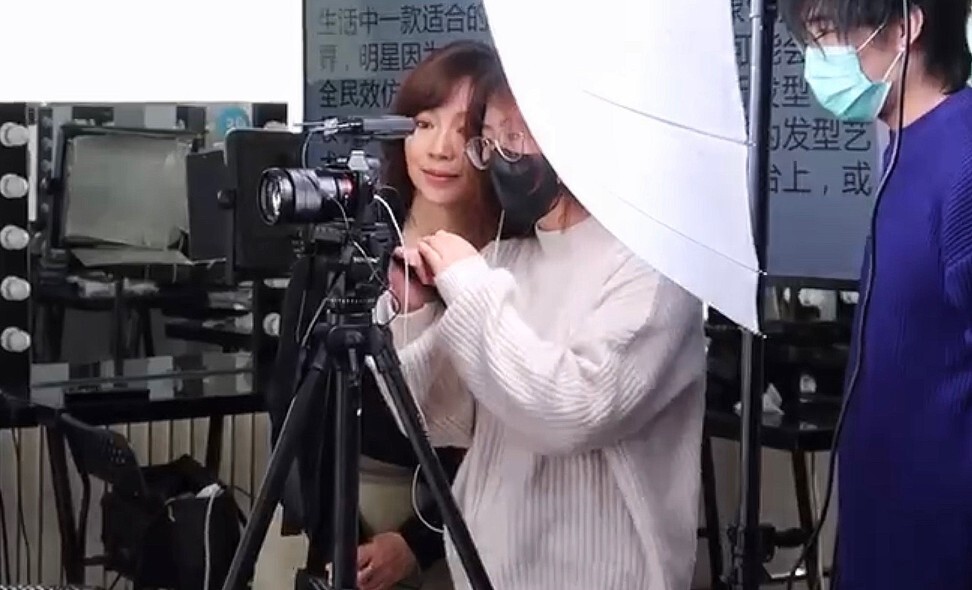
For Vivian Sze and Tiffany Wong, co-founders of Common Rare, a creative market based in Shanghai, coming up with an alternative plan during the pandemic would help not only themselves but some of their 50 to 80 vendors across Asia – small-business owners, designers, artists, DJs, bakers, and others.
Sze said the pair realised around mid-January they would have to cancel their plans for big offline workshops and events, and also a new exhibition after months of preparation and curation.
“Everything was at a standstill by mid-January, and around the end of February we were like, ‘We have to do something,’” she says of their decision to try selling online for the first time by making their market virtual on WeChat, China’s most popular messaging app.
At the time, their only WeChat groups consisted of vendors, so their first step was to add potential customers into WeChat groups. Soon they compiled several groups, each of nearly 500 people (the maximum number for a WeChat group), and got down to planning.
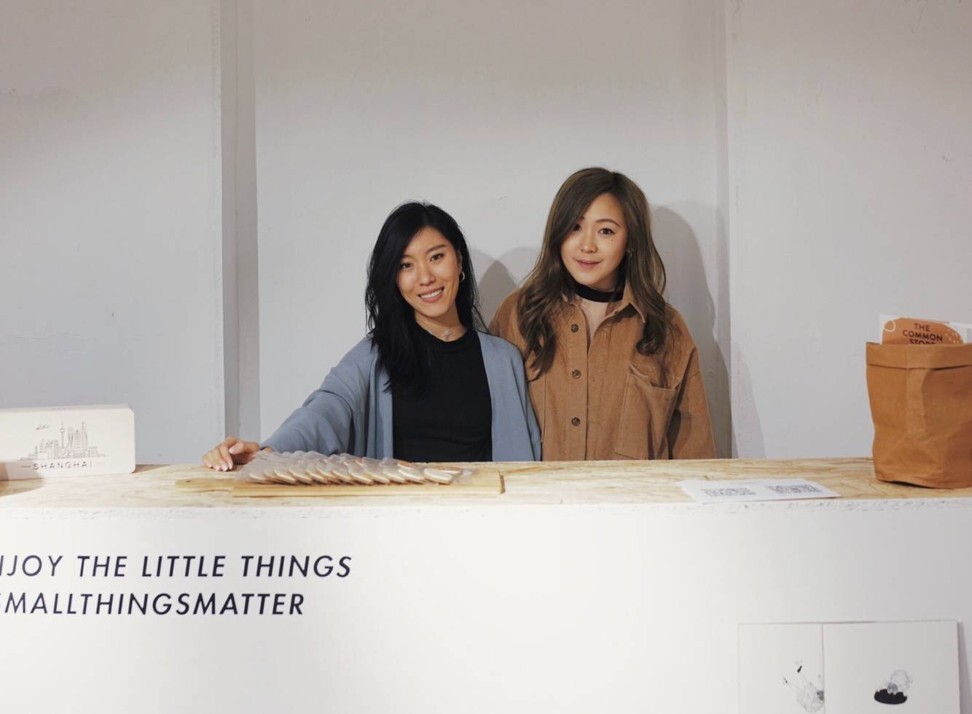
Preparation took about two-and-a-half weeks, Sze says. They recruited about 20 of their brands to participate, selling products ranging from accessories to home goods, fragrances and handbags at affordable price points.
Each brand sent them an introduction to their products, and Sze and Wong set up a platform for an online pop-up shop. Over the course of about three hours on a Monday night, they introduced each brand to the shoppers in the groups, hosted a Q&A session, and directed people to shop the products on the platform via a QR code.
They also featured a playlist from KOL Tiny Monster in the WeChat groups to give fans a bit of entertainment in typical offline market fashion.
Sze says the pair have been using their downtime to try to stay calm and think about how they can improve their company’s digital and social media presence, but it has not been easy.
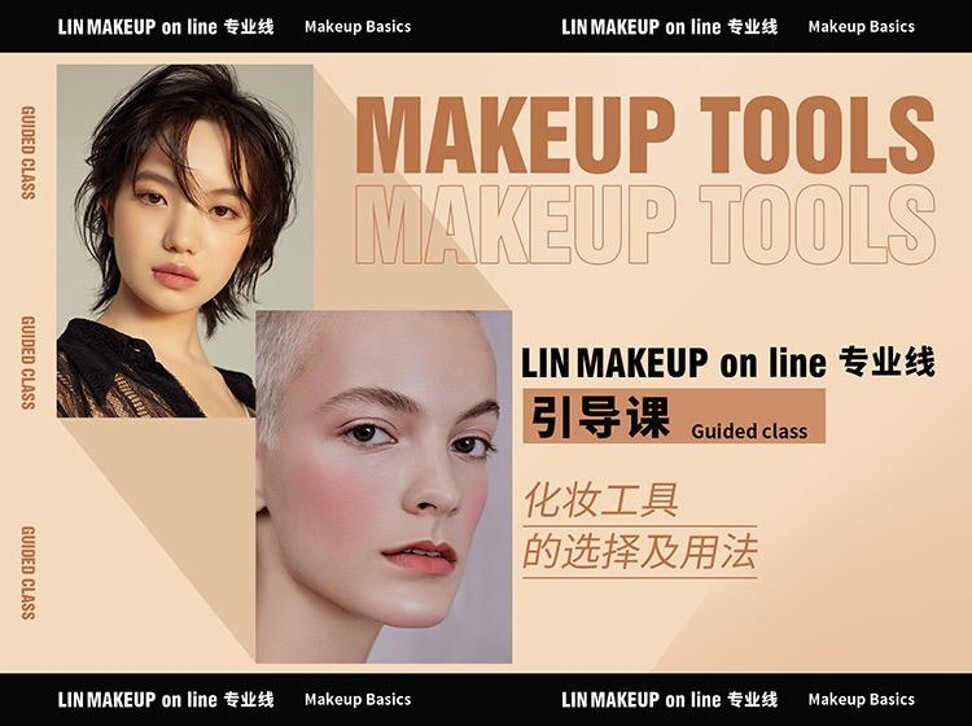
“We’ve received a lot of sad news from some of the brands that we work with that they just can’t sustain any more. It’s just horrible,” she says. “It’s kind of nice to hear from brands asking us, ‘When are you going to do a market again? We miss your markets.’ We just want everyone to actually just have a good time together.”
Common Rare is gearing up to go offline again in the first week of May at a mall in Shanghai. If all goes well, it will be the first in-person event of the year. Before that, they have another online market in the works for April. Sze says she thinks it might be their last.
“We’re going to see how people react to it because things are picking back up and people are going out a lot more,” she says.
Fu, on the other hand, has long-term hopes for her at-home manicures. She is striving to keep them affordable for cash-short consumers, as prices at nail salons can run to as much as US$300 depending on the style and the materials used. Her kit is reusable and versatile, meaning customers can keep them in their handbags at the office and apply them just before going for a night out.
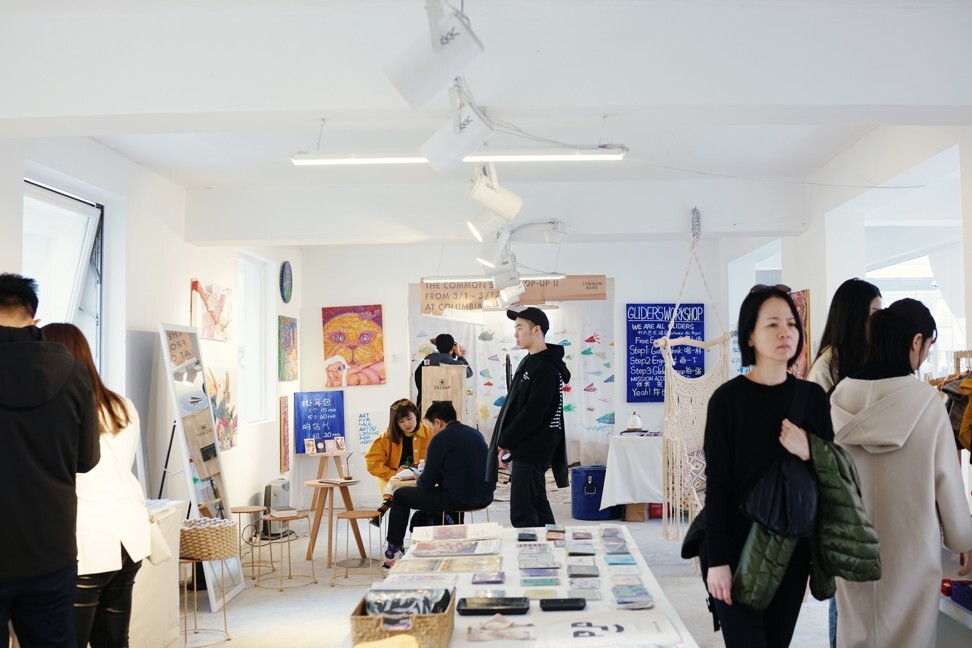
It’s a vision she dreamed about when cooped up in her flat, determined to lift people’s spirits. “We have to believe that things [like the virus] will go away,” she says. “If there's something that we cannot do, we should find a way to do it ourselves.”

